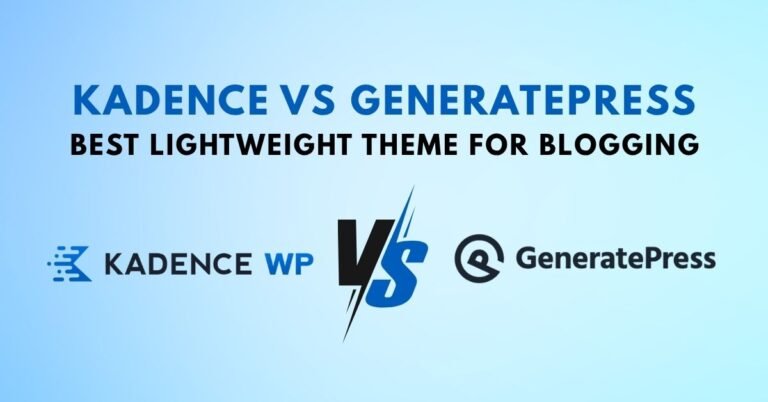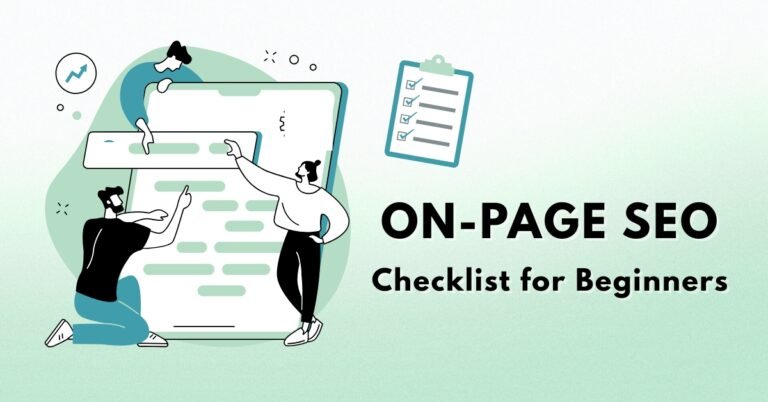If you’re just starting your blogging journey, you’re probably asking yourself:
“How long should a blog post be for SEO?”
This is one of the most common questions beginner bloggers have — and for good reason.
In today’s competitive digital landscape, content length can make or break your SEO performance. But the answer isn’t as simple as “longer is better.” Instead, it depends on your topic, audience intent, and competition.
In this in-depth guide from Helping Bloggers, we’ll break down:
- The ideal blog post length based on SEO research
- Real-world examples from high-ranking blogs
- Content strategies for different types of blog posts
- FAQs and practical tips for new bloggers
Why Blog Post Length Matters for SEO
Google’s algorithm looks for depth, usefulness, and relevance — and longer posts tend to signal that a page covers a topic comprehensively. That’s why content length correlates strongly with higher rankings.
Key SEO Benefits of Longer Blog Posts:
- More keywords naturally fit into longer content
- Higher dwell time and lower bounce rates
- Greater backlink potential (long-form content gets linked more often)
- Opportunities for better formatting (more H2s/H3s, media, and CTAs)
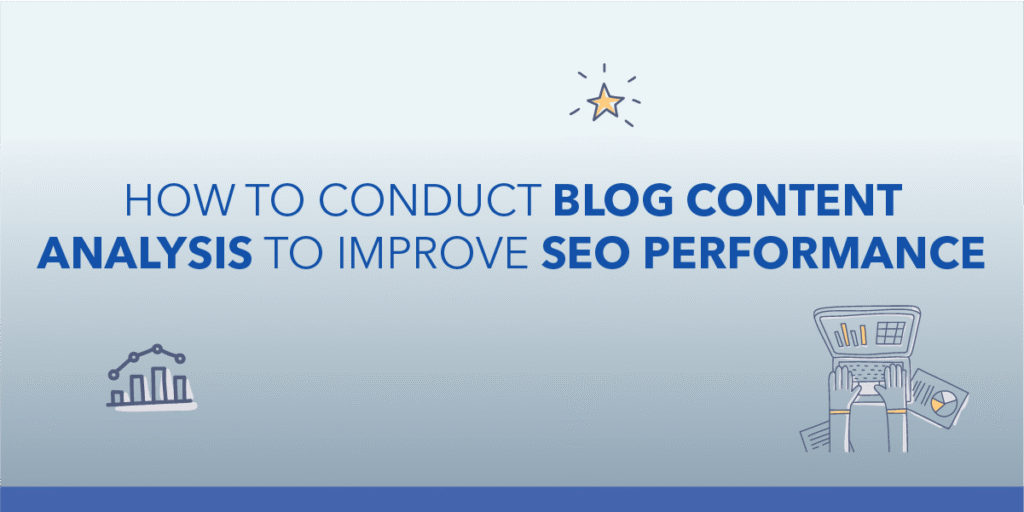
Ideal Blog Post Length by Purpose
Here’s a breakdown of blog post length recommendations based on different content types:
| Content Type | Ideal Word Count | Purpose |
|---|---|---|
| Quick Announcements | 300–600 words | For short updates and news |
| How-to Guides & Tutorials | 1,500–2,500+ words | Comprehensive step-by-step help |
| Listicles | 1,200–2,000 words | SEO + engagement + skimmable format |
| Product Reviews | 1,000–1,800 words | Balanced depth and readability |
| Pillar or Cornerstone Posts | 2,000–4,000+ words | Deep authority-building content |
Helpful Tip: For new bloggers, aim for 1,500–2,000 words to hit the SEO sweet spot without feeling overwhelmed.
Real-World Data: What the Top-Ranking Blogs Are Doing
✅ Backlinko’s Research
Backlinko analyzed 11.8 million Google search results and found the average word count of a first-page result was 1,447 words.
✅ HubSpot’s Insight
HubSpot reported that posts with 2,100–2,400 words earned the most organic traffic in their study.
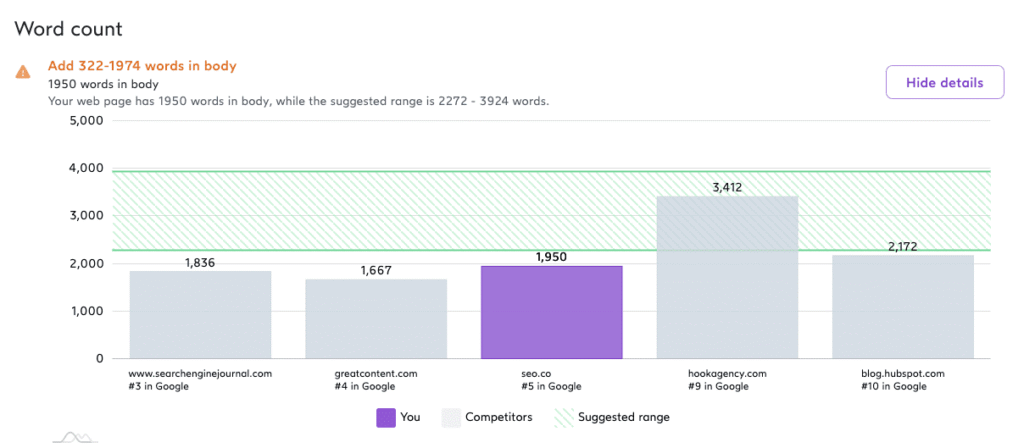
✅ SEMrush Study
According to SEMrush, longer posts not only rank higher but also receive more social shares and backlinks.
Does Longer Always Mean Better?
No — quality still trumps quantity. A poorly written 2,000-word article stuffed with fluff won’t beat a 1,000-word post that directly solves a reader’s problem.
Ask Yourself:
- Have I fully answered the reader’s question?
- Is each section adding real value?
- Are there internal links to related helpful resources?
If yes, your post is probably the right length.
How to Determine the Best Length for Your Blog Post
1. Understand the Search Intent
Is the user looking for a quick answer or a detailed guide?
Example:
- “Best SEO plugin for WordPress” = Could be 800–1200 words
- “How to do on-page SEO for WordPress blogs” = 2000+ words
2. Spy on Your Competitors
Google your target keyword and check the word counts of the top 3 results.
Use tools like:
- SurferSEO
- Frase
- Ahrefs
- WordCounter.net (to estimate word counts)
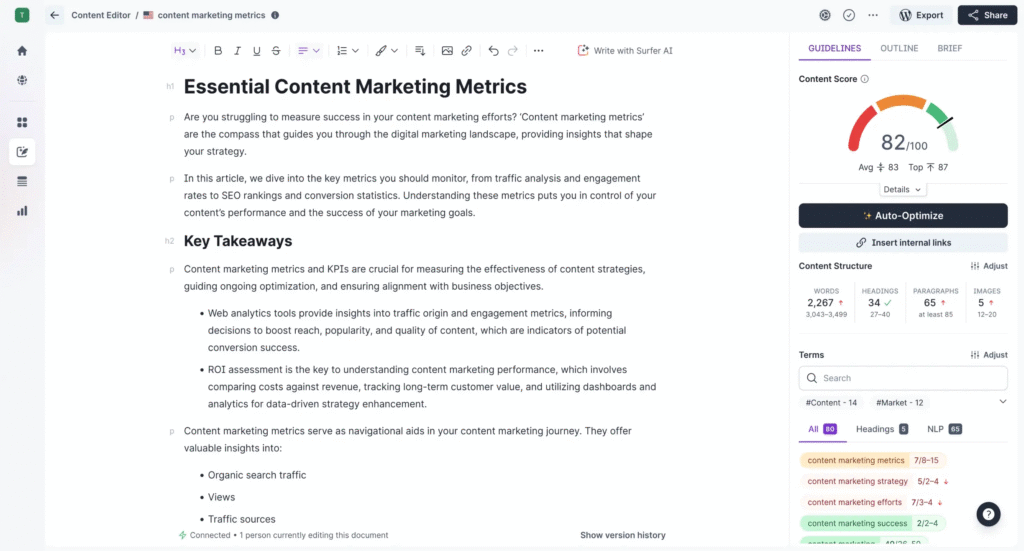
3. Consider Your Audience
New bloggers and casual readers may prefer scannable, actionable, and not-too-long posts.
On the other hand, advanced readers may appreciate deep dives and case studies.
How to Structure a Long-Form Blog Post for SEO
Longer content can be intimidating — but when structured properly, it becomes a breeze to read and rank.
🧩 Use This SEO-Optimized Format:
- Introduction — Hook + promise of value
- H2 Subheadings — Break content into digestible chunks
- H3 Details/Steps — Use H3s to support H2s
- Bullet Points and Numbered Lists
- Images, Charts, and Videos
- FAQ Section
- Call-to-Action (CTA)
Blog Post Length by Niche: Special Considerations
Different niches may have different expectations:
| Niche | Ideal Length Range |
|---|---|
| Blogging & SEO | 2,000–3,000 words |
| Health & Wellness | 1,200–2,000 words |
| Recipes | 800–1,500 words |
| Tech Reviews | 1,000–1,800 words |
| Personal Finance | 1,500–2,500 words |
Common Mistakes to Avoid with Blog Length
- Focusing on word count only — Always prioritize user value.
- Ignoring formatting — Walls of text = bounce rates.
- Forgetting visuals — Support your points with images and video.
- No internal links — SEO loves interlinking to relevant posts.
- Skipping the conclusion — Always summarize and direct the reader to the next step.
Recommended Tools for Optimizing Blog Length
- Grammarly – Improves readability
- Hemingway App – Helps shorten sentences
- SurferSEO – Shows ideal word count per keyword
- Yoast SEO (WordPress plugin) – Guides SEO optimization while writing
- RankMath – Alternative SEO plugin for WordPress
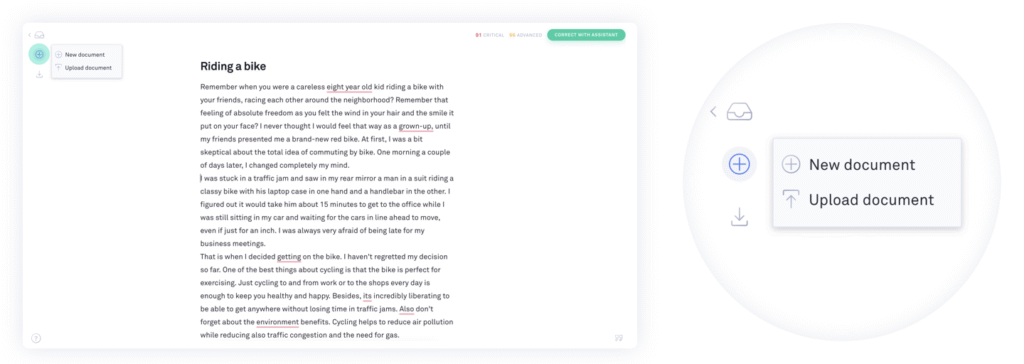
FAQs: Blog Post Length & SEO
Start with 1,000+ word posts and expand over time. Consider outsourcing or using AI tools to assist with drafts.
Consistency matters more than frequency. Start with 1 post per week and focus on value.
Conclusion: Find Your SEO Sweet Spot
There’s no magic number, but here’s the bottom line:
Aim for at least 1,500–2,000 words per post if you’re writing a guide, tutorial, or resource intended to rank on Google.
Use your competitors’ word counts as benchmarks, focus on solving real problems, and format your content for readability.
Whether you’re just starting out or already publishing regularly, the right blog length — combined with smart SEO — can help you stand out in 2025.

